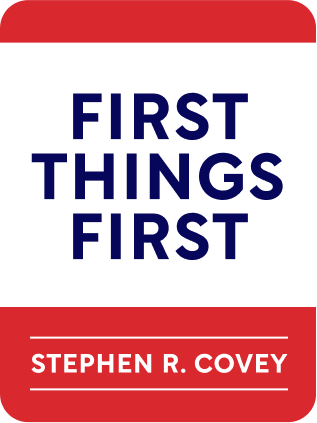

This article is an excerpt from the Shortform book guide to "First Things First" by Stephen R. Covey. Shortform has the world's best summaries and analyses of books you should be reading.
Like this article? Sign up for a free trial here .
How do you approach feedback? Do you tend to get defensive when someone pinpoints the flaws in your performance? Why is it important to seek feedback?
Asking for feedback from others increases your accountability, although praise and criticism from others is not the primary way you should determine if you’re doing your job well or not. In his book First Things First, Stephen Covey recommends the “continue/stop/start” method for requesting feedback about your performance.
Learn about the importance of seeking feedback and how to go about it.
How to Seek Feedback
Asking for feedback is one of the most powerful things you can do to build both your character and competency. It’s also one of the hardest. It requires humility. This humility allows you to see your blind spots, let the perspectives of others change your own, and understand how others view you.
Feedback should always focus on a person’s performance rather than her character. Furthermore, feedback should be “360 degree feedback,” coming from every stakeholder, including employees, investors, customers, suppliers, and the community.
Once you get feedback, review it carefully. Then, return to the person who gave it to you and thank them. Ask them to help you create an action plan to address any pieces of constructive feedback.
One good way to ask for feedback is the “continue/stop/start” method:
- Continue: What am I doing as your parent that you’d like me to continue doing?
- Stop: What am I doing that you’d like me to stop doing in the future?
- Start: What am I not doing currently that you’d like me to start doing?
You can seek feedback at work or at home. For instance, as a CEO, you might find that your employees want you to spend less time managing and working on projects and more time clarifying the vision for the company. As a parent, you can seek feedback from your children — they might surprise you with their maturity and thoughtfulness.

———End of Preview———
Like what you just read? Read the rest of the world's best book summary and analysis of Stephen R. Covey's "First Things First" at Shortform .
Here's what you'll find in our full First Things First summary :
- How to work effectively, not just efficiently
- Why you need to think more about what you're spending time on than how much time you're spending
- The 6 steps to effectively schedule and prioritize important activities






